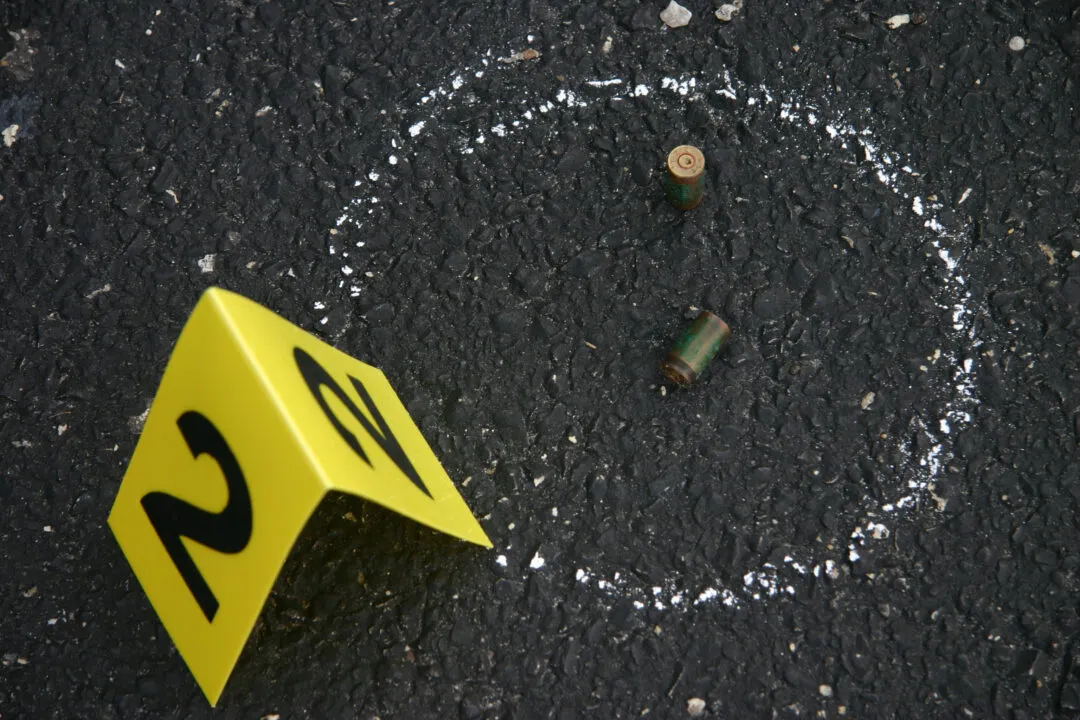Gregg Makuch (“May-kish”) leads marketing for SoundThinking. Gregg is a results-oriented marketing executive with over 25 years of marketing, product and business leadership experience working for innovative, fast-growing technology companies. His experience ranges from startups to global, billion-dollar organizations.
Previously, he had CMO and marketing leadership roles at multiple tech startups. Most recently, he was part of a senior management team relaunching an HRTech company, resulting in growing the customer base 7X (633%) culminating in a successful $5.4MM funding round. Makuch was also VP of Marketing at Entomo, a channel management SaaS company, where he drove a 2x increase in traffic, 100% increase in active prospects and 3X growth in closure rates, in addition to developing strategic partnerships. He also had executive and leadership positions at Widemile (acquired by WebTrends), aQuantive (acquired by Microsoft), and RealNetworks, where he launched the company’s first SaaS offering in the streaming media space. Before RealNetworks, he was a brand manager at Kraft, where he achieved brand-of-the-year honors.
Makuch also has broad change management and strategic consulting experience from PricewaterhouseCoopers and Deloitte Consulting.
Makuch has a B.S.E in Industrial Engineering magna cum laude from the University of Michigan and a master’s degree in business administration from Harvard Business School.

